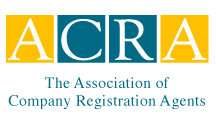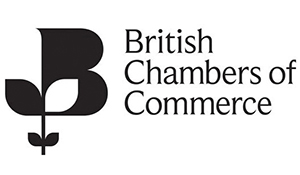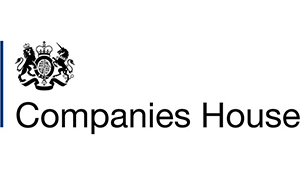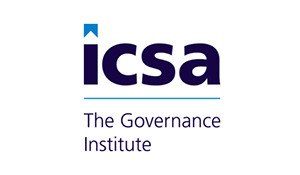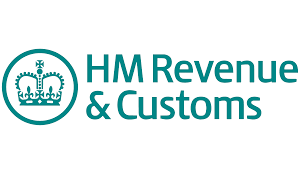In addition, he told Euractiv that Romania is set to become a strategic hub in European supply chains.
The Economy and Tourism Minister Ştefan Radu Oprea also predicts economic growth for Romania from January 1, 2025. Oprea anticipates a boost in tourism in Romania, similar to Croatia, after its membership in the Schengen Zone in 2023.
The vice-president of the European Parliament (PSD/S&D), Victor Negrescu, also predicted that Romania’s GDP could surge up to 2 per cent in 2025.
According to Negrescu, among the main beneficiaries of the full Schengen accession of Romania to the EU’s borderless area are the transport sector, industrial production, tourism, and agriculture.
UNTRR Welcomes Full Schengen Accession of Romania
The decision of December 12 by European Union Ministers to give the green light for full Schengen accession for Romania and Bulgaria from January 1, 2025, has also been welcomed by the National Union of Road Hauliers from Romania (UNTRR).
Through a press release, UNTRR described the move as a historic one for the country that “provides significant development potential for Romania’s road transport and logistics industry, as well as its economy.”
UNTRR also said that this “significant development potential” following full Schengen accession requires “the involvement of policymakers and relevant authorities in adopting and implementing decisions that could significantly reduce waiting times at these borders for commercial vehicles.”
In addition, the National Union of Road Hauliers from Romania emphasized that the road transport industry of Romania is a major contributor to the country’s service exports, bringing a total of €7.82 billion in 2023.
No More Long Wait Times at Borders During Holidays, PM Says
Yesterday, the Prime Minister of Romania, Marcel Ciolacu, also said that the full Schengen accession of Romania will contribute significantly to the country’s economy.
The Romanian PM said that the decision is a clear signal that “we will never accept being second-class citizens in Europe.”
Ciolacu emphasized that for companies doing business with partners from European countries, the abolishment of land border controls would facilitate trade and reduce logistic costs.
According to him, in particular, those from the diaspora who travel frequently to Romania, especially during the holidays, will have concrete and immediate benefits.
The Prime Minister of Romania said that with the entry of Romania to the Schengen Zone in terms of land borders, following its partial accession, there will be no longer waiting times at the borders but free movement without additional controls.


